After the "missile rain" that Iran rained on Israel on the evening of October 1, causing the risk of a full-scale conflict to spread in the Middle East, the United Nations Security Council (UNSC) and leaders of the Group of Seven (G7) industrialized nations held emergency meetings.
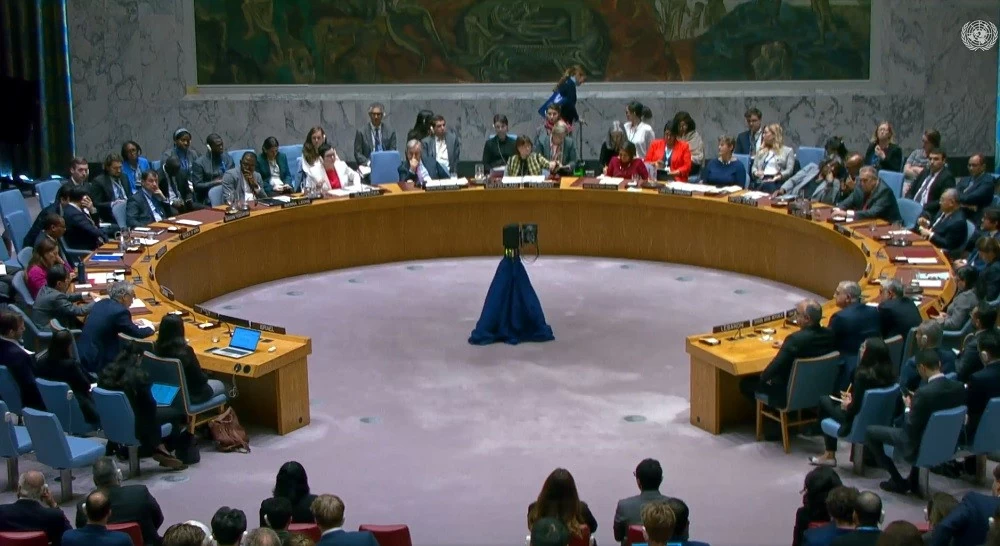 |
| The UN Security Council meeting on October 2 on the situation in the Middle East after Iran attacked Israel with missiles. (Source: UN News) |
UN News reported that speaking at an emergency session of the Security Council, UN Secretary-General Antonio Guterres said that Iran had launched about 200 ballistic missiles towards Israel.
Iran said this was in response to the deaths of several of its own figures as well as those of the Hamas and Hezbollah movements in previous Israeli airstrikes.
However, the UN chief stressed that, paradoxically, Iran's attack does not support the Palestinian cause or alleviate their suffering.
On the US side, the country's Ambassador to the UN Linda Thomas-Greenfield warned Iran not to attack Washington and Israeli facilities, stating: "Our actions are defensive in nature" and "the Iranian government will be held responsible for its actions."
Meanwhile, within the framework of the 57th session of the UN Human Rights Council in Geneva (from September 9 to October 11), UN High Commissioner for Human Rights Volker Turk called on all countries, including members of the Security Council, to take decisive action to prevent a broader conflict in the Middle East.
“Conflicts will have devastating consequences for civilians,” Mr. Turk said in a statement. “It is important that countries use their voices and influence to bring the warring parties to the negotiating table to end this. We appeal to reason. Peace must prevail.”
Twenty-four of the 47 members of the Human Rights Council spoke out, stressing the need to end the war in the Gaza Strip and release all Israeli hostages.
They also expressed deep concern about the dangerous escalation in the region between Hezbollah and Israel, amid reports of clashes between the two sides on the UN-patrolled separation line and Iranian missile attacks on Israel.
Delegations from several countries from South America also voiced support for a new global coalition seeking a two-state solution to the Israeli-Palestinian conflict.
Regarding the online emergency meeting of the G7 leaders chaired by Italian Prime Minister Giorgia Meloni, the countries issued a statement expressing “deep concern” over the recent escalation of tensions in the Middle East, emphasizing that conflicts across the region do not benefit anyone.
The leaders reaffirmed that “a diplomatic solution is still possible,” and agreed to work together to reduce tensions, supporting the implementation of UN Resolution 2735 on Gaza and Resolution 1701 on stabilizing the Israel-Lebanon border.
Source: https://baoquocte.vn/iran-tan-cong-israel-bang-ten-lua-hdba-va-g7-dong-loat-hop-khan-lhq-keu-goi-ly-tri-thuc-tinh-my-canh-bao-tehran-288537.html



![[Photo] Prime Minister Pham Minh Chinh chairs a special Government meeting on the arrangement of administrative units at all levels.](https://vphoto.vietnam.vn/thumb/1200x675/vietnam/resource/IMAGE/2025/5/9/6a22e6a997424870abfb39817bb9bb6c)
![[Photo] Russian military power on display at parade celebrating 80 years of victory over fascism](https://vphoto.vietnam.vn/thumb/1200x675/vietnam/resource/IMAGE/2025/5/9/ce054c3a71b74b1da3be310973aebcfd)

![[Photo] Magical moment of double five-colored clouds on Ba Den mountain on the day of the Buddha's relic procession](https://vphoto.vietnam.vn/thumb/1200x675/vietnam/resource/IMAGE/2025/5/9/7a710556965c413397f9e38ac9708d2f)
![[Photo] General Secretary To Lam and international leaders attend the parade celebrating the 80th anniversary of the victory over fascism in Russia](https://vphoto.vietnam.vn/thumb/1200x675/vietnam/resource/IMAGE/2025/5/9/4ec77ed7629a45c79d6e8aa952f20dd3)
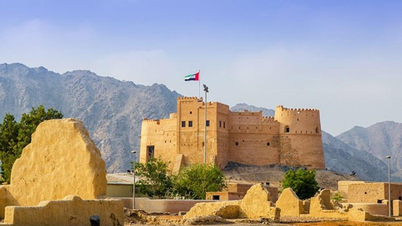




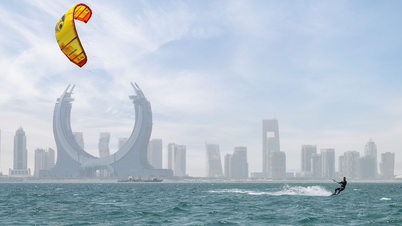
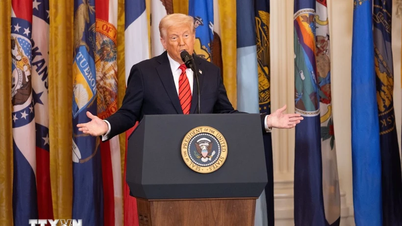

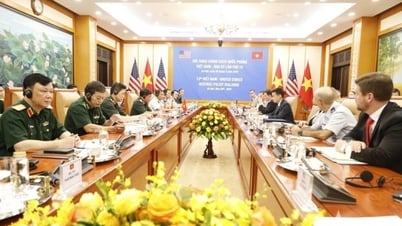
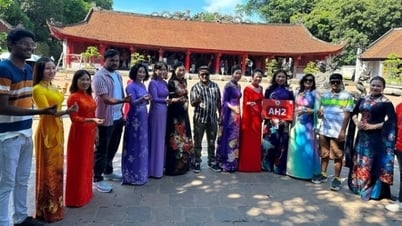

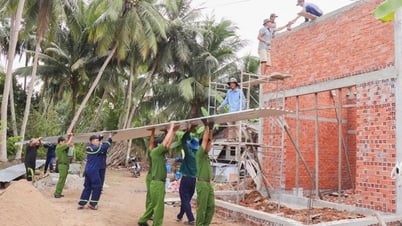
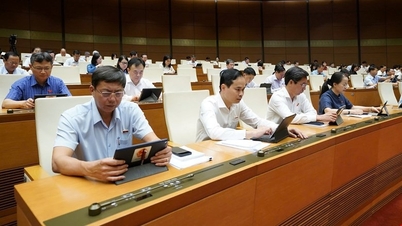







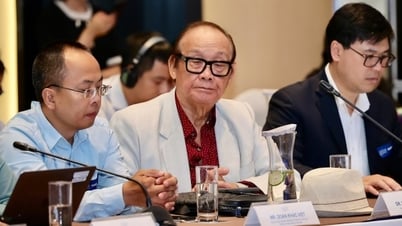
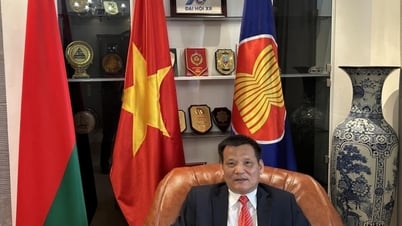
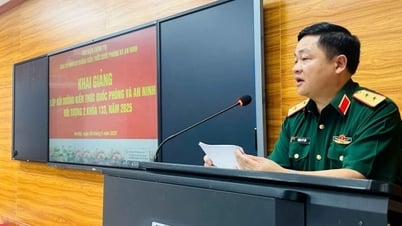

































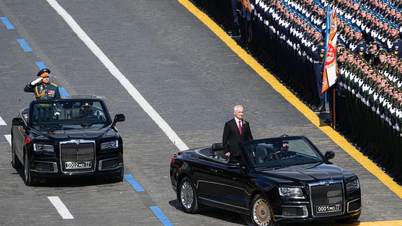

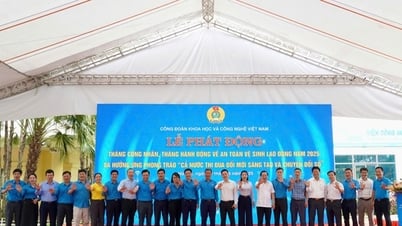

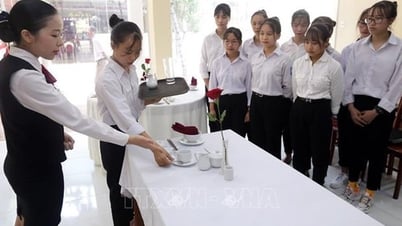

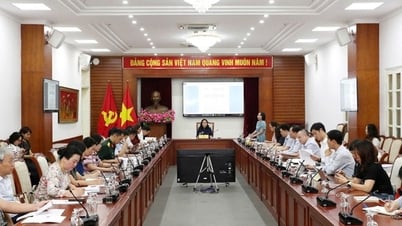
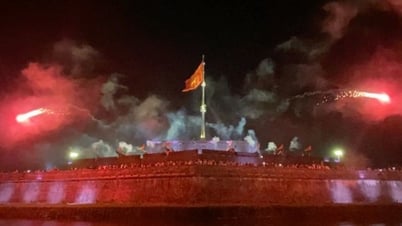
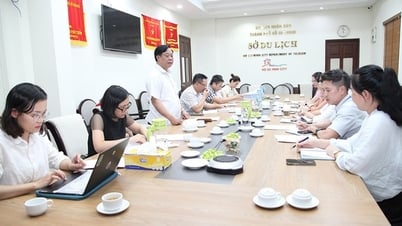
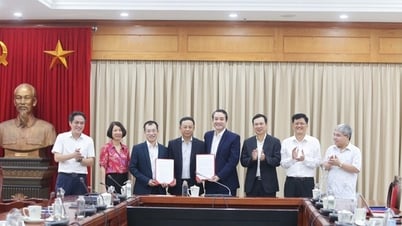
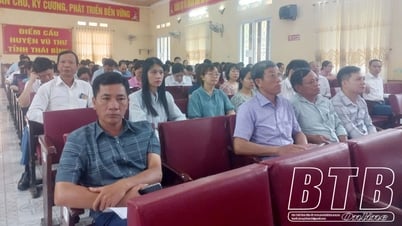



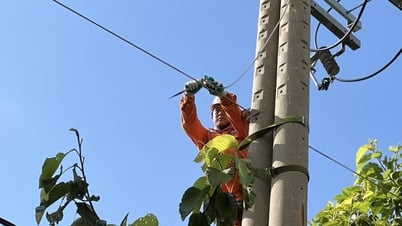

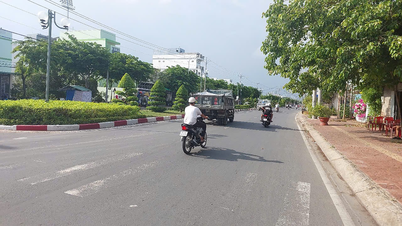
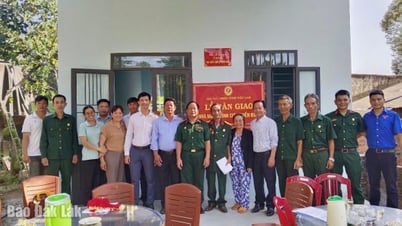
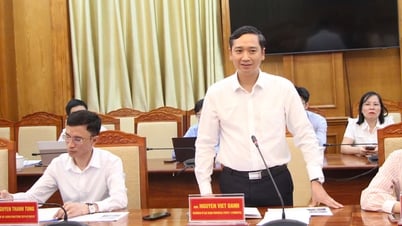












Comment (0)